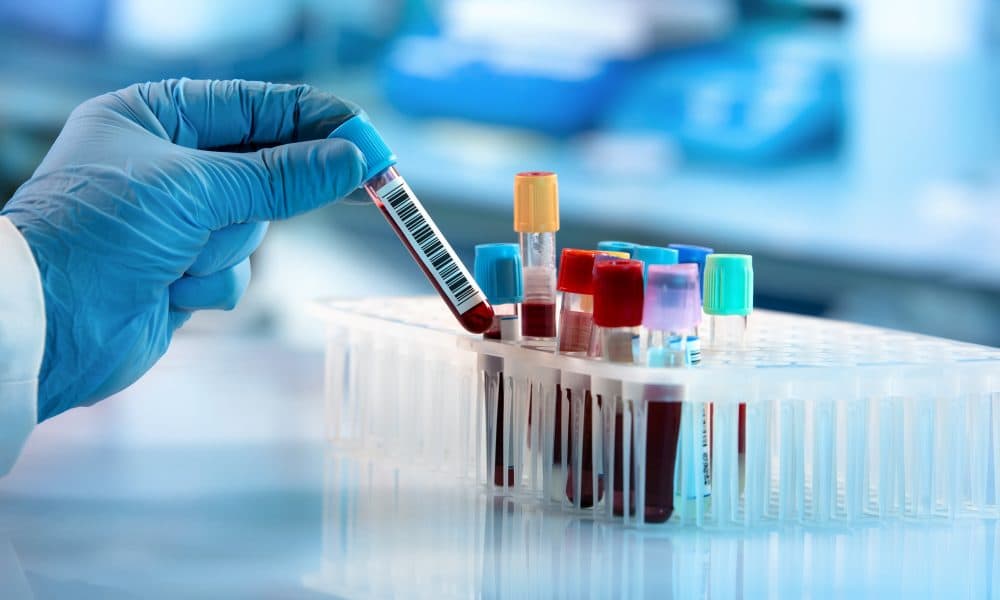
A team of US researchers has developed a new blood test for schizophrenia.
Schizophrenia and related psychotic disorders affect over 3 million people in the US and around 220,000 people in the UK.
The new test identifies biomarkers in the blood that can objectively measure their current severity and future risk for schizophrenia and matches them to treatments that will be most effective for their individual biology.
Senior author Alexander Niculescu, MD, PhD is Professor of Psychiatry and Medical Neuroscience at the Indiana University School of Medicine, staff psychiatrist and investigator at the Richard L. Roudebush Veterans Administration Medical Center in Indianapolis and senior author on the study.
He said: “Schizophrenia is hard to diagnose, especially early on, and matching people to the right treatment from the beginning is very important.
“Psychosis usually manifests in young adulthood — a prime period of life.
“Stress and drugs, including marijuana, are precipitating factors on a background of genetic vulnerability.
“If left unchecked, psychosis leads to accumulating biological damage, social damage and psychological damage.”
In a recent study, researchers tested psychiatric patients that they followed for over a decade.
They identified biomarkers that were predictive of high hallucinations and high delusions states, as well as future psychiatric hospitalisations related to hallucinations and delusions.
The researchers also studied which biomarkers are targets of existing drugs, which enables matching of patients to the right treatments.
The work builds on previous studies over the last two decades by Niculescu and his colleagues on blood biomarkers for other psychiatric disorders (mood disorders, anxiety, post-traumatic stress disorder, suicidality risk, pain and memory disorders).
Niculescu said, in general, the best biomarkers were more predictive than the standard scales used to evaluate someone with hallucinations or delusions, which means the use of this biomarker test can help reduce subjectivity and uncertainty from psychiatric assessments.
The researcher said: “Fortunately, biologically some of the existing medications work quite well if initiated early in the right patients.
“Social support is also paramount, and once that and medications are in place, psychological support and therapy can help as well.
“There is still plenty left to understand and apply about cognition and its abnormalities, but there is reason for optimism in this era of emerging precision psychiatry.”
The test is expected to be available later this year from the Indiana University spin-ou, MindX Sciences.


